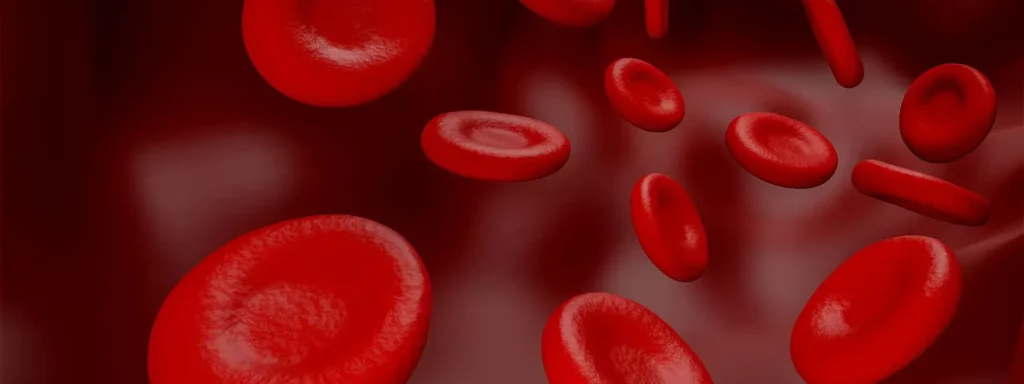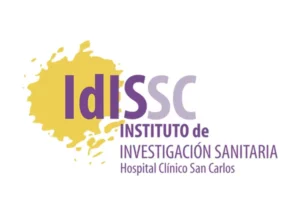Accurate celiac disease (CD) diagnosis is still challenging for some specific patients or circumstances. Thus, much effort has been expended last decades focused on seronegative or low grade enteropathy CD and, especially, on enable early diagnosis of individuals on a gluten-free diet (GFD). We discuss here two diagnostic approaches based on immunophenotyping by flow cytometry that we expect to reduce the persistent low diagnostic rates and the common diagnostic delay. The intraepithelial lymphogram is based on determining the percentage of TCRγδ+ and surface CD3- lymphocytes in the intestinal epithelium. The concomitant increase in TCRγδ+ and decrease in surface CD3- intraepithelial lymphocytes has been termed the celiac lymphogram and has been proved to be discriminative in seronegative, low grade enteropathy and potential CD, as well as in most CD patients on a GFD.
A blood lymphogram based on the analysis of activated gut-homing CD8+ T cells combined with a 3-day gluten challenge is also considered, which has shown high sensitivity and specificity to diagnose seropositive Marsh 1 and Marsh 3 CD in individuals following a GFD. In addition, flow cytometry can be extremely useful in cases of refractory CD type II to identify aberrant cells. Those approaches represent highly accurate methods for CD diagnosis, being simple, fast, highly reproducible and of easy implementation in clinical practice.







